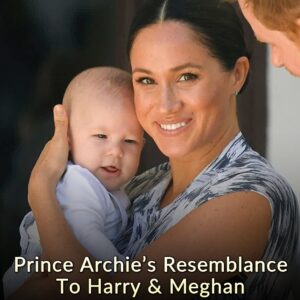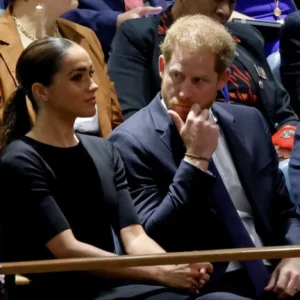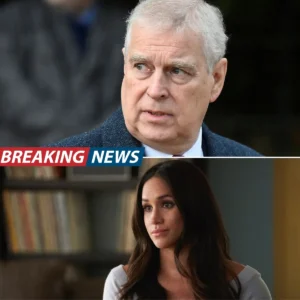Prince Andrew, Duke of York, has formally stepped back from the use of several royal titles and honorary positions following continued public scrutiny related to his past associations. The move, confirmed by Buckingham Palace, represents one of the most significant developments in the modern British monarchy’s efforts to maintain public confidence and transparency.
Buckingham Palace Confirms Change in Royal Status
In a statement released by Buckingham Palace, Prince Andrew said that, after consultation with King Charles III and other senior members of the royal family, he would no longer use certain titles or honors previously conferred upon him.
The official statement emphasized that the decision was made to ensure that ongoing discussions surrounding the Duke would not distract from the work and responsibilities of the monarchy. Buckingham Palace has reiterated its focus on upholding public trust, service, and duty to the nation.
According to the BBC, the King and senior royal advisers agreed that this decision was in line with earlier steps taken by the late Queen Elizabeth II in 2022, when Prince Andrew was stripped of his military affiliations and royal patronages.
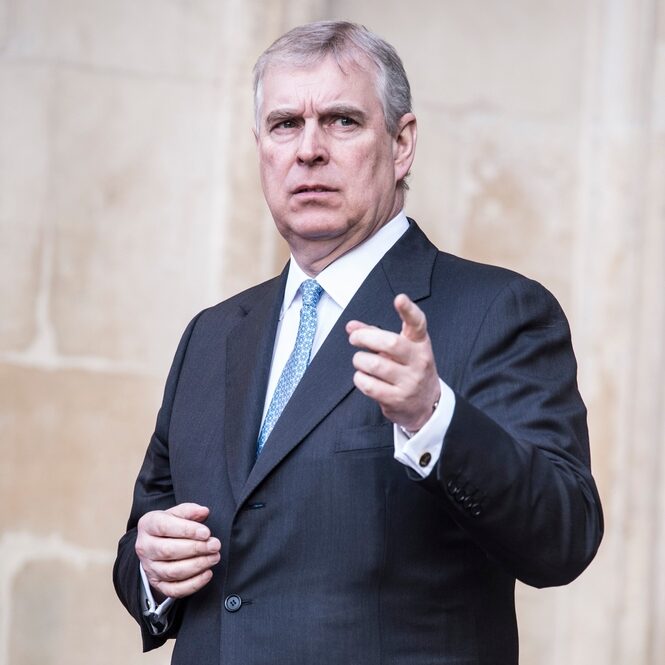
Titles No Longer in Active Use
Prince Andrew will no longer use the titles Duke of York, Earl of Inverness, or Baron Killyleagh in any official capacity. He will also step back from using honors such as Knight Grand Cross of the Royal Victorian Order and Royal Knight Companion of the Order of the Garter in public contexts.
However, constitutional experts have clarified that peerage titles such as the Dukedom of York cannot be legally removed without an Act of Parliament. While these titles still exist formally, Prince Andrew has voluntarily chosen not to use them, as reported by major British news outlets including The Guardian and Reuters.
Despite this change, he remains Prince Andrew by birth, as the title “Prince” is automatically held by the sons of a reigning monarch and cannot be withdrawn except under exceptional constitutional circumstances.
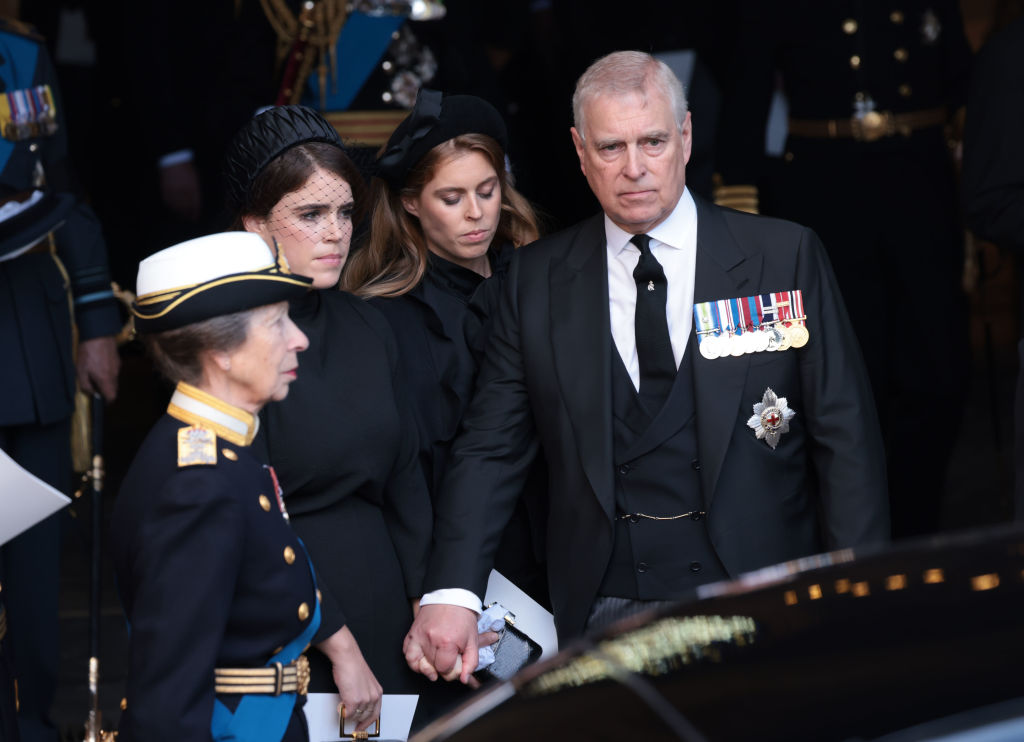
Context of the Decision
The announcement follows several years of public and media attention surrounding Prince Andrew’s past friendship with the late financier Jeffrey Epstein, who was convicted of serious criminal offenses.
In 2019, the Duke of York stepped back from public duties after an interview with BBC Newsnight drew widespread criticism. The following year, he relinquished his royal patronages and ceased using the style “His Royal Highness” in any official capacity.
In early 2022, Buckingham Palace issued a statement confirming that “Prince Andrew will continue not to undertake any public duties and is defending this case as a private citizen,” following the resolution of a civil lawsuit in the United States. The terms of the settlement were not made public, and the Duke consistently denied any wrongdoing.
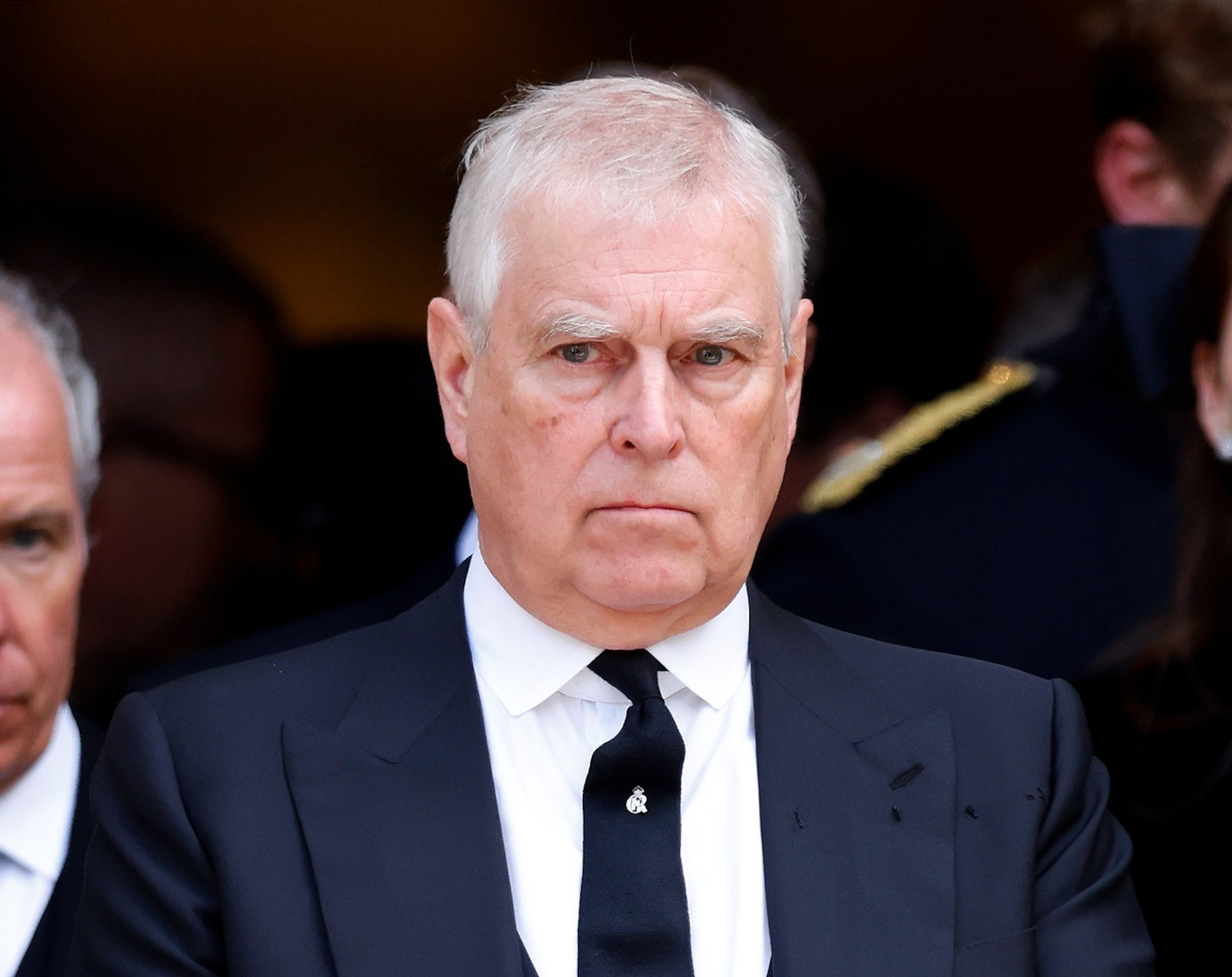
The Royal Family’s Ongoing Modernization
The monarchy’s approach to accountability and modernization has been a central focus of King Charles III’s reign. The decision regarding Prince Andrew is widely viewed as part of a broader effort to streamline royal responsibilities and uphold public integrity.
Royal commentators have noted that the King’s actions align with the royal family’s ongoing efforts to modernize and adapt to public expectations. According to The Times and BBC royal correspondents, Buckingham Palace remains intent on ensuring that members of the royal family conduct their roles “with transparency and respect for public service.”
Sarah Ferguson and the York Family
Prince Andrew’s former wife, Sarah, Duchess of York, is also expected to refrain from using her former title in formal settings. She will continue to be known publicly as Sarah Ferguson, as confirmed by representatives close to the family.
Their daughters, Princess Beatrice and Princess Eugenie, retain their royal titles and continue to represent the royal family in charitable and cultural engagements, though they are not working royals. Both have publicly maintained that they remain focused on their families, charitable work, and personal careers.
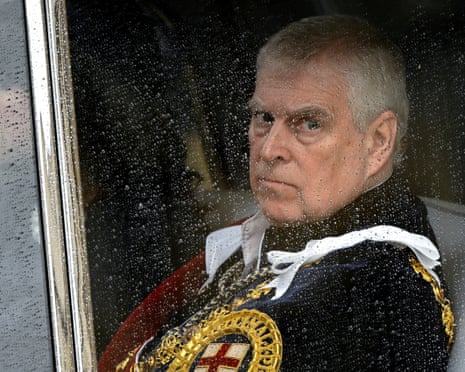
The Legal and Constitutional Framework
Under the British peerage system, royal and noble titles are governed by historical statutes and parliamentary authority. According to the UK Parliament’s official website, the removal of hereditary or peerage titles requires legislative approval.
As such, while a titleholder may choose not to use certain designations, the legal status of the title remains intact unless Parliament passes an Act to abolish or reassign it.
Royal historian Robert Lacey explained in an interview with the BBC that the current arrangement reflects a “voluntary withdrawal from public life,” rather than a legal deprivation of peerage. This approach allows for constitutional stability while addressing contemporary concerns about accountability and royal representation.
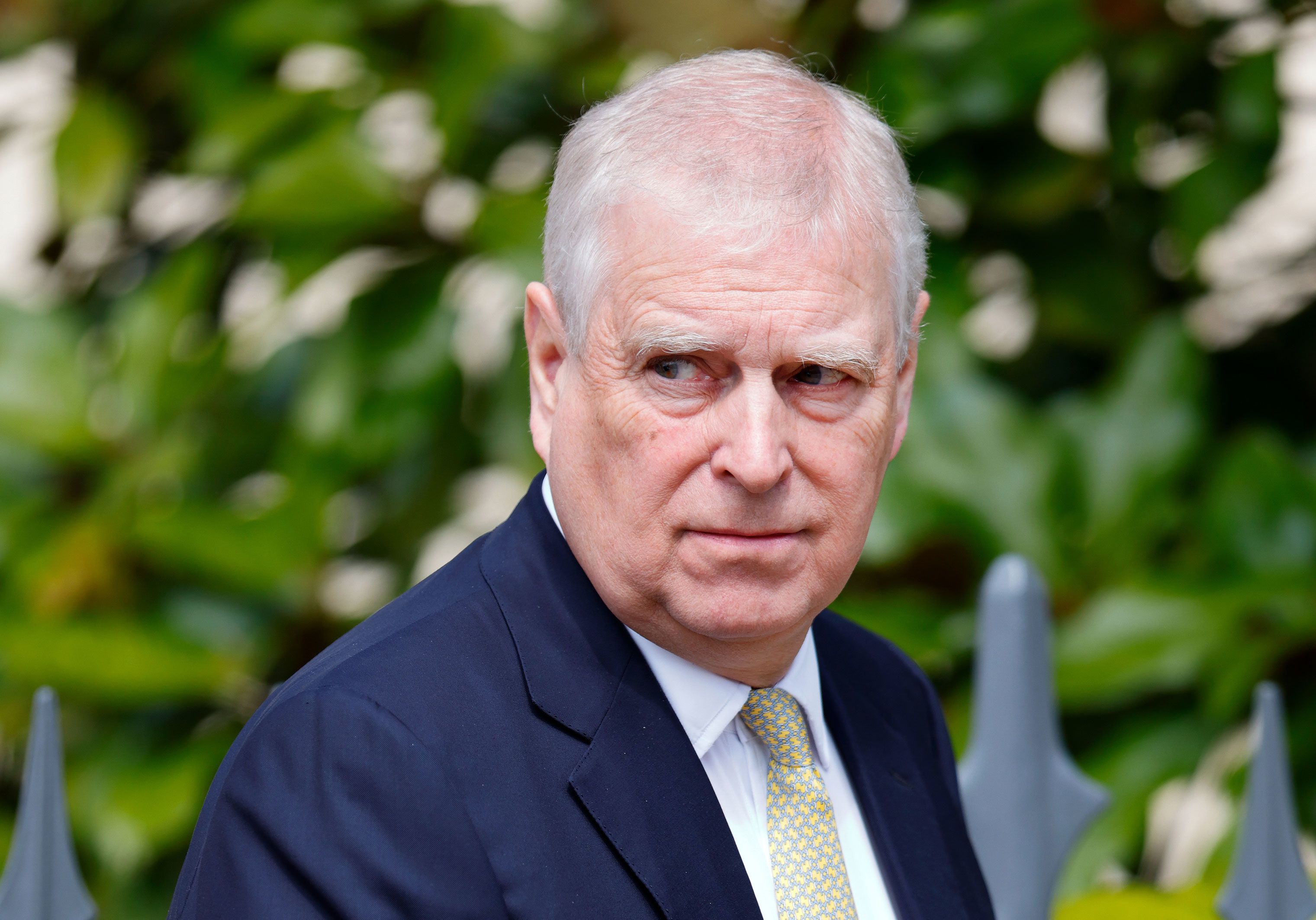
Public and Media Reactions
Public reaction in the United Kingdom has been largely measured, with many commentators noting that the decision helps preserve the monarchy’s focus on official duties. Major media outlets such as The Telegraph and Sky News have described the move as “an important symbolic gesture toward restoring public confidence.”
While some members of the public expressed disappointment about the events that led to this decision, others welcomed the King’s firm approach in prioritizing the credibility of the Crown.
Social media reactions were mixed but largely supportive of Buckingham Palace’s commitment to maintaining standards of conduct among members of the royal family.
The Path Forward
As of now, Prince Andrew continues to live a private life away from official royal duties. He reportedly spends most of his time at the Royal Lodge in Windsor, focusing on family matters and personal business interests.
Royal observers note that while he is unlikely to return to public life, his position within the royal family remains one of personal familial connection rather than institutional representation.
According to a palace spokesperson quoted by Reuters, “The Duke continues to support His Majesty privately as a member of the family but will not resume any public roles.”
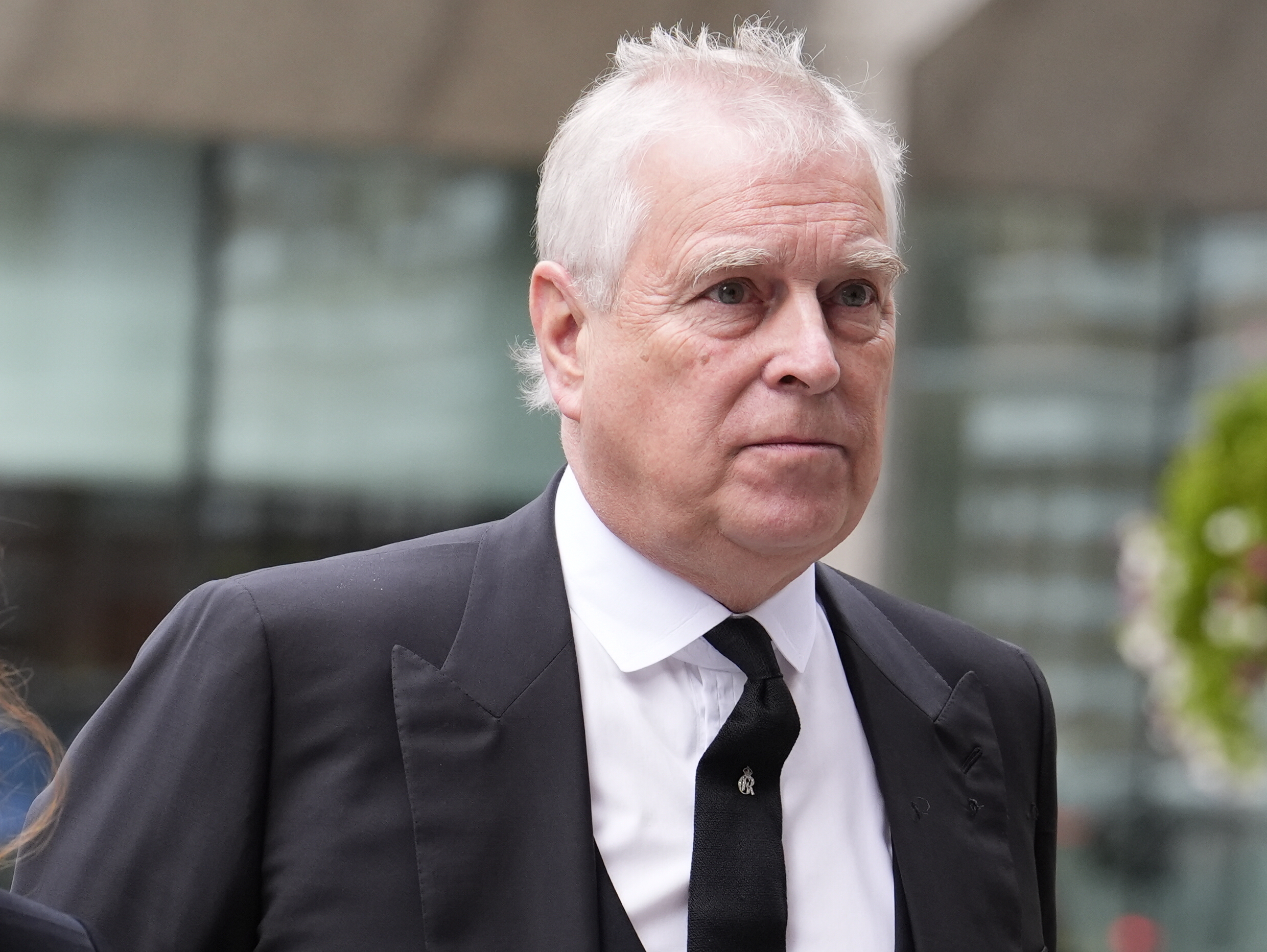
The Broader Message for the Monarchy
The developments surrounding Prince Andrew underscore the monarchy’s recognition of evolving public expectations. In a time of increased transparency and accountability, the royal family’s handling of sensitive matters is under constant global observation.
By addressing these issues proactively, the Palace appears determined to demonstrate responsibility, uphold public service values, and ensure the institution remains relevant in the 21st century.
As the British monarchy continues to modernize under King Charles III, decisions such as this highlight an ongoing commitment to ethical leadership, integrity, and national unity.


